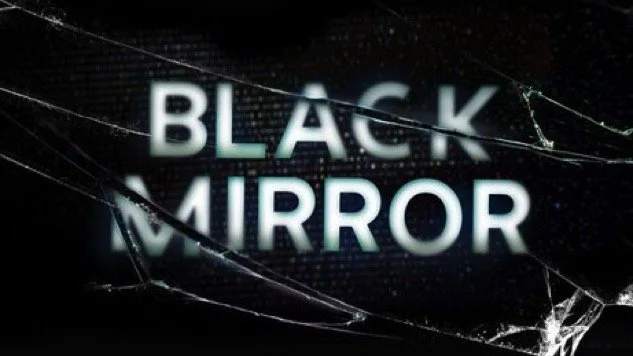Black Mirror vs The Purge: how to do social commentary
With a news cycle and pop culture landscape as grim as a dinnertime discussion on the 8th Amendment, screenwriters have been hard at work cooking up our next hit of digital escapism. It is unsurprising, then, that much of our media has been busy blasting nostalgia into our retinas with all the finesse of dentist with a jackhammer. Several notable examples though, have stubbornly broken the mould instead choosing to capitalize on our collective gloom. Black Mirror and the Purge are two recent hits, each presenting us with dystopian worlds in the not so distant future. Despite the similar tone and intent of these stories, they end up having remarkably different effects. Black Mirror manages to leave the viewer with a foreboding sense of psychological discomfort. Meanwhile the Purge is left with all the emotional weight of R.E.M’s ‘Everybody Hurts’ being played on the kazoo.How can we explain this gaping difference? The thread connecting each of Black Mirror’s standalone stories is our relationship to technology. These show us the irony of how tools designed to make our lives easier inadvertently end up controlling them. Artificially intelligent dating apps, digitally saved memories and the politics of porking piggies give the uninitiated a glimpse into the bleaker world behind the black mirror. What makes these stories about technology so gripping though is how paradoxically human they are. After all, how many of us have obsessively waited for a response online, regretted a Tinder date or gotten that queasy pang of jealousy when a partner receives a message from their ex? Black Mirror takes these familiar moments and intensifies them to show how the line between us and our devices is quickly breaking down, and just how problematic this is.The Purge, on the other hand, follows the same pattern as a vegan poetry slam in a burning circus - all hell is let loose and there’s a vague critique of capitalism in there somewhere. Set in the United States after a totalitarian regime has taken power, all laws are temporarily suspended for one night every year, allowing citizens to go on a complete crime splurge…err purge. This premise attempts to show the fragility of our domesticated, suburban lives, and how, given the right circumstances, we could descend into unimaginable violence. Previously sanguine neighbours become savagely cruel, fanatic death squads roam the streets and, inexplicably, overall crime is somehow reduced. The few members of society not entirely consumed with bloodlust are left to defend themselves with whatever household items are at hand, which in America apparently means a pump-action shotgun. I personally prefer to imagine an Irish version where my Dad is left to defend the family home armed only with a clock radio and sausage roll.What sets Black Mirror apart from the Purge isn’t a bigger budget or even a more realistic premise – let’s be honest, some of the episodes are ludicrous. The ghost in the machine that brings Charlie Brooker’s anthology to life is its emphasis on people with a realistic and relatable cast. Even in their darkest, most despicable moments there’s something unsettlingly relatable about the characters in Black Mirror. This allows seemingly outlandish stories to poke a finger at the darker side of our personalities and society more broadly. Meanwhile, The Purge is left screaming “grrr capitalism!” whilst acrobatic clowns in full masquerade disembowel each other with pink machetes. Put simply, Black Mirror takes silly concepts and makes them haunting, whilst the Purge takes disturbing scenes and makes them ridiculous.


